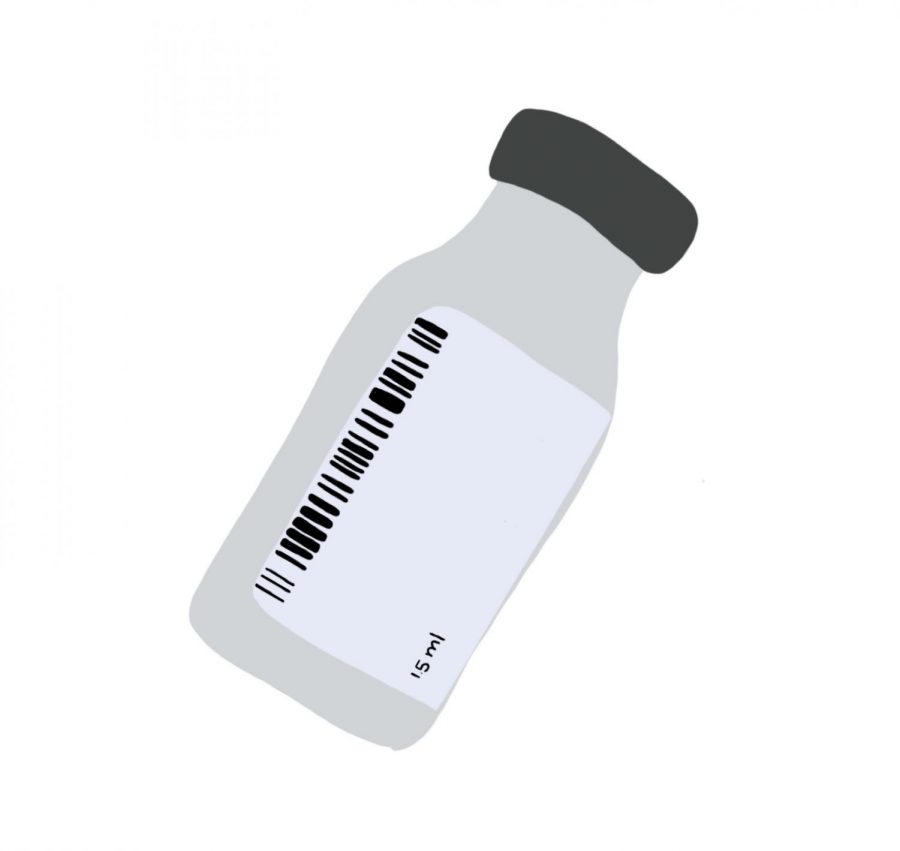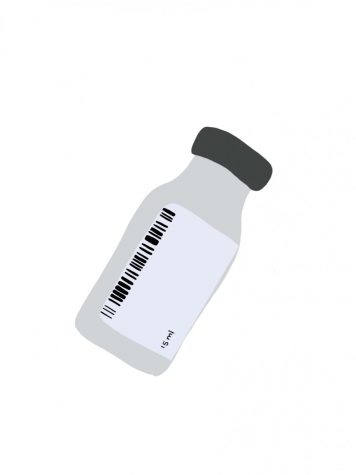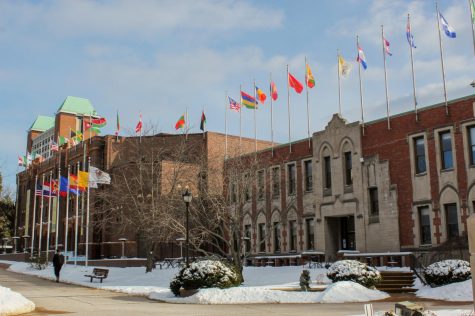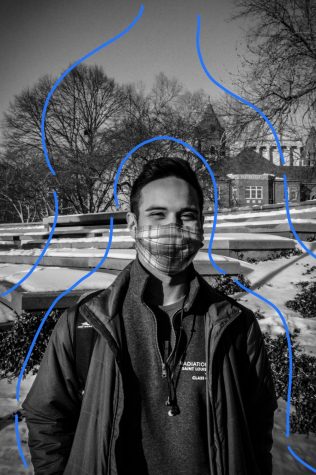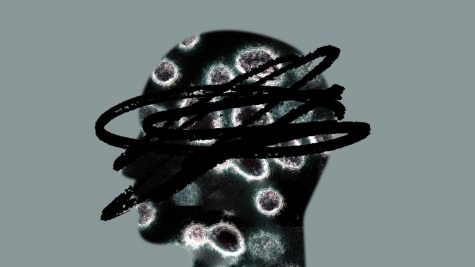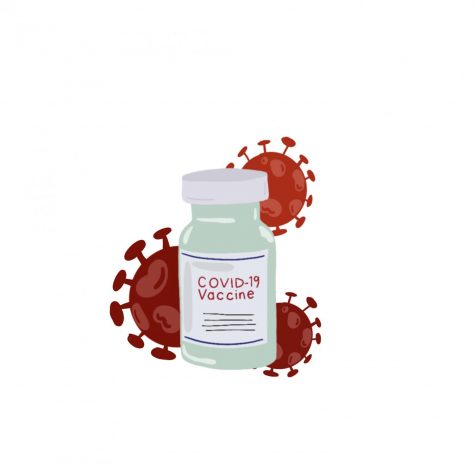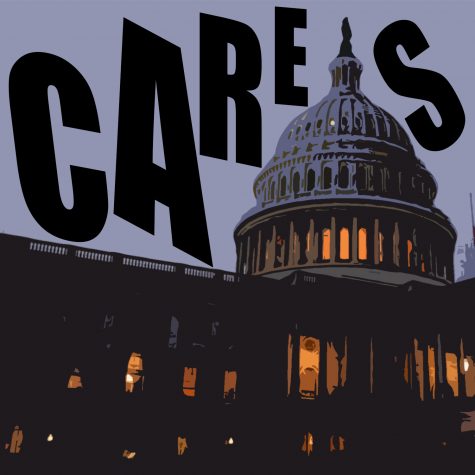The Future of Vaccines at SLU: An Unanswered Question
Although many countries continue to struggle with the spread of COVID-19, rising case counts and vaccine shortages, the United States and other nations are beginning to see somewhat of a return to normalcy.
As of April 25, the CDC estimates that 40 percent of the U.S. population has received their first dose of the COVID-19 vaccination with 28.5 percent having received both doses. As these figures continue to rise, the nation is left with many questions concerning what life will look like in the coming months. One issue that universities, including SLU, now face is whether to impose mandatory vaccination requirements for students returning in the fall of 2021.
Colleges across the nation including Duke University, the University of Notre Dame, Syracuse University, and now Washington University, among others have recently announced that returning students must provide proof of full vaccination by the start of classes. Other institutions are expected to follow in this trend. While SLU has not made any formal announcements or decisions regarding mandatory vaccination, it is certainly in the realm of possibility that this could occur. A recent email from President Pestello titled, “Regaining Normalcy on Our St. Louis Campuses,” emphasized the importance of wide-spread vaccination on campus.
“In order to achieve this, near-universal vaccination adoption among our campus community members is critical,” wrote Pestello. “Our goal remains to keep the campus as safe as possible.”
However, imposing a mandatory vaccination requirement for returning students is no simple decision. Despite the existence of copious amounts of scientific evidence that vaccines are safe and effective, there still remain individuals within the SLU community that may choose to forgo vaccination—for scientific reasons or not.
The upsides to mandatory vaccination are plentiful. Campus-wide inoculation against COVID-19 would likely entail a relaxation of social distancing requirements, meaning classes could largely return to normal and less emphasis would be placed on remote learning. Furthermore, as an institution deeply committed to community service, complete student vaccination could contribute to an accelerated resuming of SLU-operated service projects. The return of academic breaks and larger, on-campus social events would also be possible.
Unfortunately, there exist downsides as well. Although unlikely, implementation of such a mandate could dissuade potential students from enrolling at SLU due to religious or social reasons for abstaining from inoculation. A COVID-19 vaccination requirement would also assume that all prospective and returning students would have access to both doses of the medication—an assumption that may exclude students that live in remote parts of the United States. However, it is likely that, following the lead of other schools who have announced mandatory vaccination for the fall, it would be possible for individual students to petition for an exemption for religious or medical reasons.
The decision to impose a vaccination mandate, though, would have farther reaching impacts on SLU itself. As with other universities, the pandemic has posed a significant financial burden as schools face decreased housing capacities, lower donation rates and increased spending to accommodate other COVID-19 precautions. By requiring students to return to campus vaccinated, SLU can effectively safeguard its adherence to local and national pandemic guidelines. Furthermore, the university could cut down on out-of-pocket costs such as quarantine housing and maintain its employment attraction by reversing salary cuts and freezes.
Regardless of whether SLU decides to enact a vaccination requirement for students, campus life is largely expected to return to normal, according to a recent email from Provost Michael Lewis, Ph.D. In the email, Lewis lays out six potential changes to be made to SLU operations, including no longer requiring classes to have an online synchronous option for student attendance, as well as employing a more personal approach to working with students approved for fully online enrollment. Other changes are contingent upon the federal government’s predicted move to reduce social distancing requirements to three feet of separation. Such a reduction would permit in-person instruction to resume. However, much work and decision-making still lie on our administration’s horizon.
“Ultimately, I believe these steps will enhance educational quality, student success, and the overall academic experience, as well as foster community,” Lewis wrote. “I will work closely with our deans, associate and assistant deans, Faculty Senate and Student Government Association leaders, and my staff to ensure these working groups have the appropriate representatives to move the work forward as quickly as possible.”
Your donation will support the student journalists of Saint Louis University. Your contribution will help us cover our annual website hosting costs.


